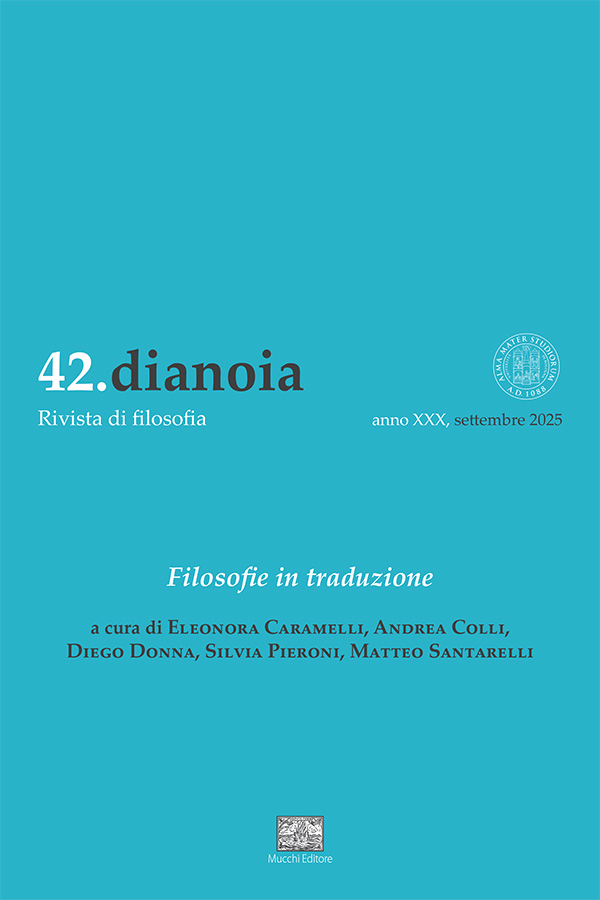Nachträglichkeit is a word invented by Freud. It appears and disappears on several occasions in his work, thereby occupying a marginal position. Its translation raises several issues and constitutes an important chapter in the history of Freudian reception. The English translations, following the suggestion of Ernst Jones, opted for “deferred” action; the French, following Jacques Lacan, for “aprèscoup.” The editors of Freuds work in Italian imported the English term, translating it, while today, in studies and debates devoted to the subject, the untranslated Lacanian expression is more often found. Sometimes “posteriority” and “retroactivity” are also used. But these only work in certain cases and are not faithful to the Freudian intuition of an unconscious zeitlos causing a zeitliche consciousness. Following Harold Blooms suggestion, I re-iterate my proposal – originally presented in my book a few years ago – to translate Nachträglichkeit with tardività (“belatedness” in English). In addition to being lexically constructed as Nachträglichkeit, this term has the advantage of expressing the secondary nature of consciousness in relation to the unconscious and the fact that this secondary nature does not involve any temporal succession.
Keywords: Freud, Nachträglichkeit, Après-coup, Deferred Action, Belatedness.

